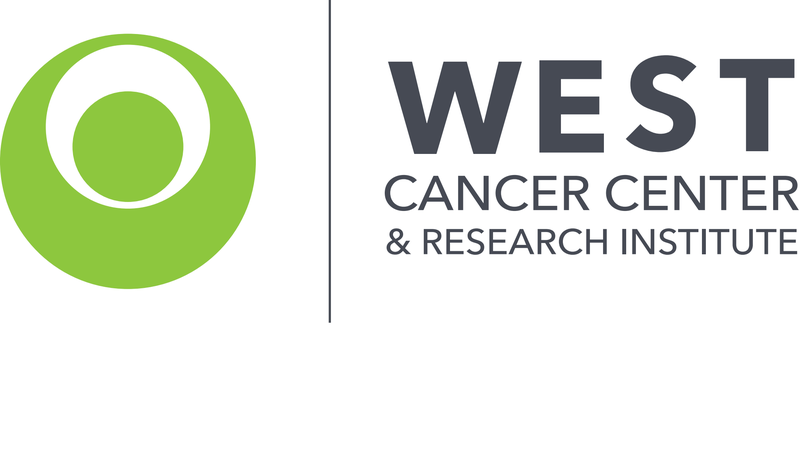
Dr. Somer on Hesitancy Regarding Biosimilar Use in Oncology

Bradley G. Somer, MD, associate professor, Department of Hematology and Medical Oncology, University of Tennessee Health Science Center, medical oncologist, senior partner, Executive Cancer Council, and head of strategic expansion/development, West Cancer Center Research Program, West Cancer Center, explains where the hesitancy regarding biosimilar use in oncology.
Bradley G. Somer, MD, associate professor, Department of Hematology and Medical Oncology, University of Tennessee Health Science Center, medical oncologist, senior partner, Executive Cancer Council, and head of strategic expansion/development, West Cancer Center Research Program, West Cancer Center, discusses hesitancy regarding biosimilar use in oncology.
Biosimilars are met with hesitance because they are not as well established as originator compounds, explains Somer. Additionally, delivering value-based care is often superseded by providing the most safe and effective treatments to patients. There is a big education gap regarding the development and regulatory processes for biosimilars, he adds.
Education will be a key part of marketing biosimilars. In April 2019, Sandoz announced that they had entered into an agreement with EirGenix, Inc., to commercialize the proposed trastuzumab (Herceptin) biosimilar EG12014 for use as treatment in patients with HER2-positive breast and select gastric cancers, if approved by the FDA.






































